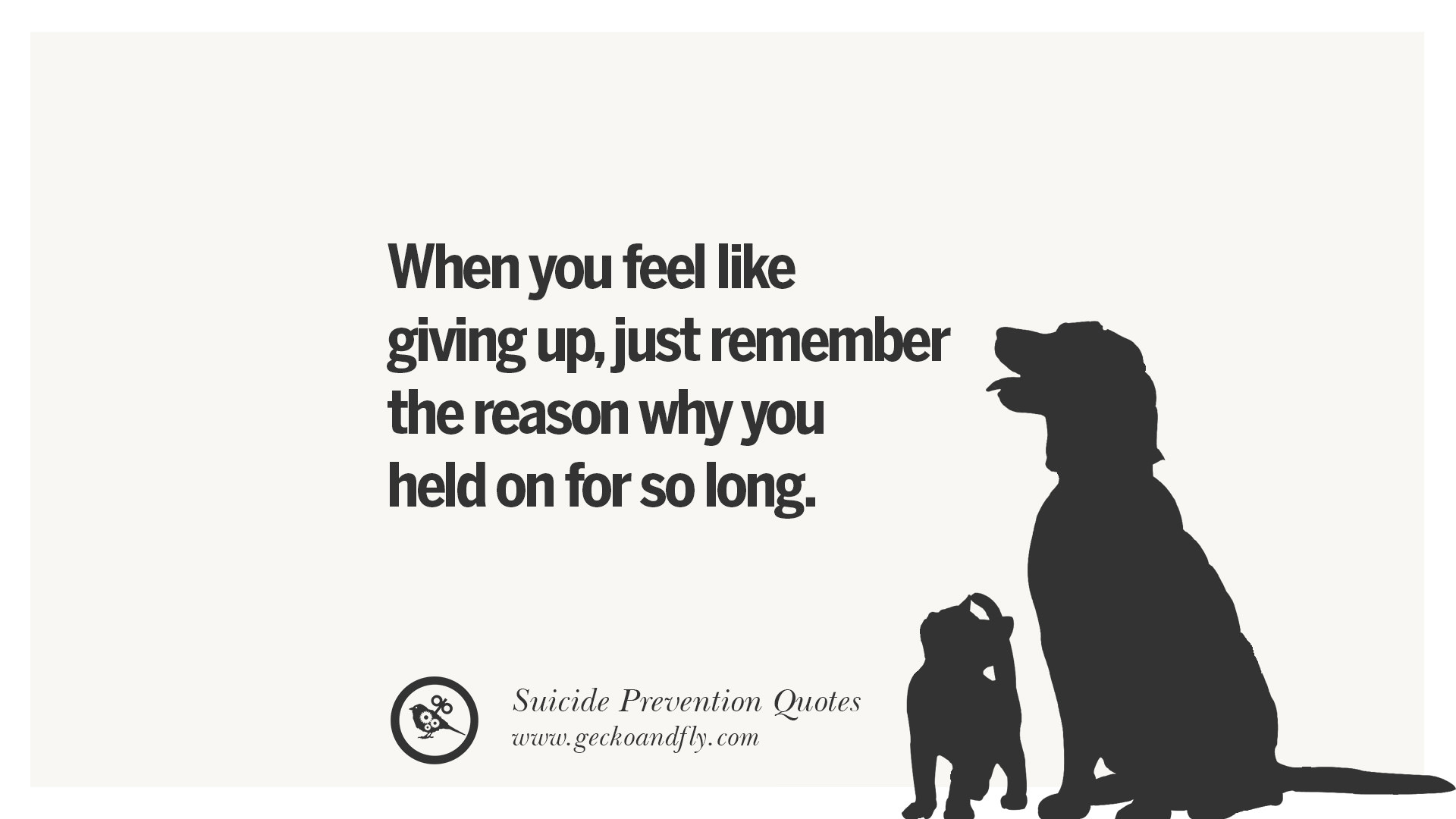Things fall apart; the center cannot hold;
Mere anarchy is loosed upon the world;
The blood-dimmed tide is loosed, and everywhere
The ceremony of innocence is drowned;
The best lack all conviction, while the worst
Are full of passionate intensity.
Surely some revelation is at hand;
Surely the Second Coming is at hand.
The Second Coming! Hardly are those words out
When a vast image out of Spiritus Mundi
Troubles my sight …
—William Butler Yeats, The Second Coming
✠ ✠ ✠
First things first: for Heather Heyer, killed while protesting in Charlottesville last week: Eternal rest grant unto her, O Lord; and let light perpetual shine upon her. Amen. ✠ May the souls of all the faithful departed, through the mercy of God, rest in peace. Amen. ✠
Now then.
It should be, but isn’t, unnecessary to argue over whether the rally in Charlottesville was white supremacist. I can certainly allow that individuals who attended it, or who sympathized with its objection to taking down a statue of Robert E. Lee, were not. And yet—when the chosen symbols of the ralliers include swastikas, Nazi salutes, and such slogans as ‘Jews will not replace us’ and ‘Blood and soil,’ it ceases to be unfair to say that the people who chose those symbols are white supremacists. If you wish to persuade me that that rally was not white supremacist, you will have to explain what isn’t openly and horrifyingly racist to adopt the symbols and catchphrases of a perpetrator of race-based genocide. And while I have no wish to paint with a broad brush, I shall be bold to say that even people who aren’t racists themselves, but who are content to keep that sort of company for the sake of their political opinions, should ask themselves a few searching questions about those opinions.

Please note the Klansman at the lower left: this is not a man you should be comfortable next to, physically or politically.
Again, it should be unnecessary to point out that racism in any form at all is totally untenable for the Christian. One of the earliest difficulties in the Church was ethnic strife between Palestinian and European Jewish Christians, and the Apostles chose to solve it by creating the office of the diaconate, which was promptly filled exclusively by members of the racial minority.1 The single most important dispute in the first century was over whether Gentiles as Gentiles were eligible to become Christians, or whether they had to be Judaized as well; St Paul, who wrote more of the New Testament than any other single author, spent half his career battling and denouncing that one idea, calling it not merely a mistake but a false gospel. The miracle of tongues at Pentecost exhibited the coïnherence of man as man, not as this race against that; and the coïnherence is displayed again in what professes to be a vision of humanity released from the limits and illusions of sin and mortality:
After this I beheld, and lo, a great multitude, which no man could number, of all nations, and kindreds, and people, and tongues, stood before the throne, and before the Lamb, clothed with white robes, and palms in their hands; and cried with a loud voice, saying, Salvation to our God which sitteth upon the throne, and unto the Lamb. And all the angels stood round about the throne, and about the elders and the four beasts, and fell before the throne on their faces, and worshipped God.2
And white supremacism is, for the Catholic, an especially silly version of heresy. Not only because white is barely an ethnicity at all.3 But because we worship a brown Middle-Eastern Jew. When God chose to take on flesh and be born of a Mother, He chose to be born a Jew. If race means anything (which, no), Caucasians are, at highest, decidedly second-fiddle.
What, then, must the Christian be prepared to do in the times we evidently live in?
1. Call racism out for what it is, without making excuses for it. As a rule of thumb: any sentence about groups who employ white supremacist or neo-Nazi symbols and ideology that begins with the words ‘Not all of them were …’, isn’t really worth finishing. Even if it’s true that not all of them were, enough of them were. And it isn’t as though most philosophical racists are going to approach you on the street and proselytize with, ‘Have you heard about how white people are intrinsically superior?’ They’re going to start with something that sounds safe and plausible; and then keep pushing the line of what’s plausible a little further, and a little further, and a little further still. It’s what’s been happening for the last decade, whether intentionally or unconsciously.
2. Look for the good in your opponents. People don’t just wake up one day and think, ‘Hmm, say, what if from now on I were just awful?’ There’s nearly always a hurt or an unmet need or a misunderstanding at the back of it. The image of God is easily defaced, but it is hard to erase it completely. There are sociopaths and monsters out there; but they are exceedingly few, and I’ve found by experiment that some of the people most of us would dismiss as obvious instances of sociopathy are nothing of the kind, and that (a lot of) patient reason and kindness can actually reach them.
_-_stained_glass%2C_sacristy%2C_Immaculate_Heart_detail.jpg)
Looking for the good in your opponent for compassion’s sake is, I think, the best motive. It’s certainly the reason we are given in the Gospels. But there is another and more pragmatic motive. Since most people don’t get into evil for the lulz, they generally have a reason—bad or good, personal or principled, reflective or habitual. If you don’t understand that reason, you’re fighting blind. It’s nearly always the good in an evil thing that gives it its energy, not the bad; if you can’t find and appeal to that good, it’s going to be nearly impossible to combat the evil it’s energizing, except by destroying the evildoer, and we have laws about that.
3. Be prepared to defy the government. I’d hope that every Christian would take this for granted. The Church came into existence as an illegal, underground faith, and has always had a stormy relationship with the civil powers even when she had pride of place among them. If the government pursues a racist or nationalist agenda, whether by active injustice or by mere neglect, the believer has the right and the duty not to obey commands that support that agenda.
This is easy to write, and hard to do. But there’s a reason inspiring stories get told: sometimes, they inspire.
Your chair is never softer, your study never warmer, your prospect of the evening meal never more secure than when you read about the gulag: the epic agony of the gulag. And your lecteurial love for Aleksandr Solzhenitsyn never more intense. ‘How much does the Soviet Union weigh?’ Stalin once rhetorically asked a team of interrogators who were having difficulty in breaking a suspect. He meant that no individual could withstand the concerted mass of the state. In February 1974 the Moscow Cheka served Solzhenitsyn with a summons. Instead of signing the receipt, he returned the envelope with a statement that began:
In the circumstances created by the universal and unrelieved illegality enthroned for many years in our country … I refuse to acknowledge the legality of your summons and shall not report for questioning to any agency of the state.
And, for that moment, the Soviet Union and Aleksandr Solzhenitsyn weighed about the same.4
Will it come to that? I hope not. I don’t want to find out that I’m not as badass as Solzhenitsyn when there’s something depending on it. But it could come to that, and while we may fail out of weakness, we should at least know our duty, in case it ever needs doing.
Like this, but with more torture and less subtle homoeroticism.
4. Be suspicious of the media. Even if they meant well in every case, the media can’t even predict the weather. And everybody, even the well-meaning, has some sort of slant. It isn’t necessarily insincere or malicious or even secret. But every news source is going to be guided, to some extent, by what it expects or assumes to be true; and they all have a vested interesting in being attention-grabbing more than in being accurate—it’s how they get clicks and attract viewers and sell newspapers. And the more a source shares your preconceptions or affirms what you’d like to be true, the more easily it will hoodwink you, no matter what your political alignment is.
✠ ✠ ✠
1We know this because all seven of the first deacons have Greek names, indicating that they were of Hellenistic descent, i.e. they came from the Jewish diaspora around the Mediterranean rather than from the Holy Land, where the Jews still spoke Aramaic. For the story itself, see Acts 6.1-7.
2Apocalypse 7.9-11.
3I forget the source, but one of my friends recently reposted a very good mini-essay on why black pride is a thing but white pride isn’t. Namely, white pride is in one sense a thing, i.e., we have celebrations of Irish and German and Italian and Scottish and Swedish heritage, and so forth; because (to oversimplify) white people can trace their ancestry back thus, at least in a general way, sometimes quite specifically. Black people, by contrast, are mostly the descendants of slaves, and their family traditions were accordingly destroyed or distorted beyond all recognition; their shared experience as a minority in a mostly-white country is, for many of them, as much history as they have, and is an authentic history as far as it goes; celebrations of Ghanan and Congolese and Igbo heritage are lacking because they were taken away and destroyed, not because of some overarching blackness that supersedes those things. By contrast, white, voluntary immigrants to this country, even when they were despised by the elites, were able to maintain their cultural identity in an unbroken tradition. The (vaguely so-called) Native American peoples were able to do the same thing, which is why we still have things like Cherokee or Lakota or Hopi culture.
4Martin Amis, Koba the Dread, p. 59. (Koba was a nickname of Stalin. The Cheka was the ‘Emergency Commission’ of the USSR, i.e. a pack of bureaucratic thugs with the job of torture and judicial murder.)





_-_stained_glass%2C_sacristy%2C_Immaculate_Heart_detail.jpg)





